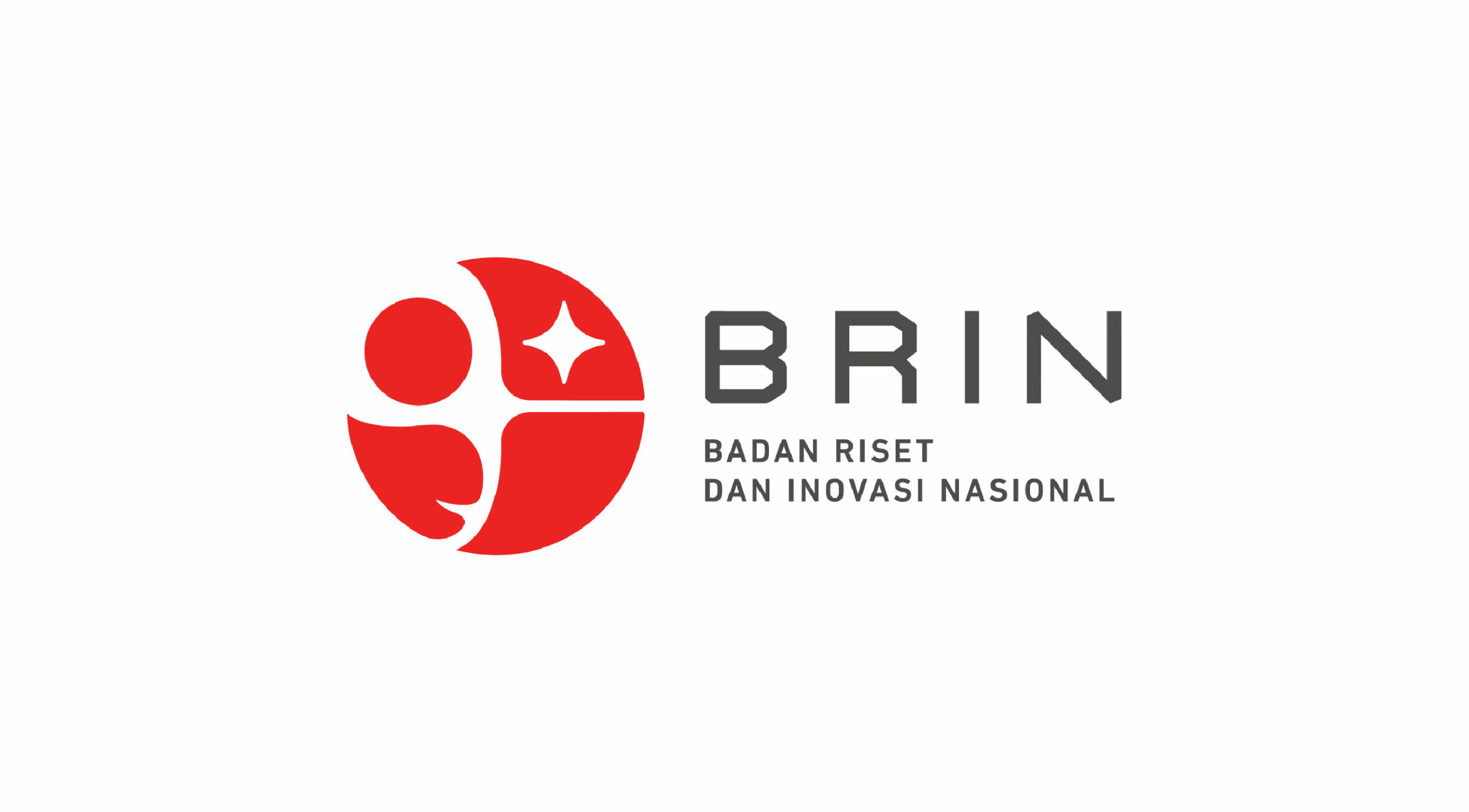The Origin of the Indonesian Blasphemy Law and its Implication towards Religious Freedom in Indonesia
DOI:
https://doi.org/10.33752/tjiss.v3i1.3648Keywords:
blasphemy, Criminal Code, religion, IndonesiaAbstract
This article elucidates the chronology of the insertion of Undang-Undang Penistaan Agama (‘the Indonesian blasphemy law’) in Kitab Undang-undang Hukum Pidana (‘the Indonesian Criminal Code,’ later mentioned as KUHP). The law aims to prevent a religious elements; such as holy books, rituals, saints, etc. from offences. In the postauthoritarian Indonesia, this law has been used to ban individuals and minority groups by religious groups, state apparatus, and politicians. This has caused a dispute and debate in the society because there are several groups most of whom are intellectuals and human rights activists, who consider that the law is against Undang-Undang Dasar 1945 (‘the Indonesian Constitution 1945,’ later mentioned as UUD 45). They have urged the government through Mahkamah Konstitusi (‘the Constitutional Court of Indonesia,’ later mentioned as MK) to remove or revise it. This article attempts to answer the questions of how blasphemy law is formulated and then inserted in the Criminal Code and how it has defined religious freedom in Indonesia. Its aim is to understand the historical aspects of the law and the interpretation of religious freedom in Indonesia. The data of this article were collected through library research (books, newspapers, articles, CDs, etc.) and ethnography (observation and interviews). The results show that the Indonesian government has struggled to locate the definition of religious freedom and tend to be inconsistent in dealing with dispute of blasphemy law. In many cases, it ends in favor with the more powerful voice in public.
Downloads
References
Alatas, Ismail Fajrie, Muhammad As’ ad, and Fathurrochman Karyadi. “Sejarah Hubungan Habaib Dan Nahdlatul Ulama (NU).†Tebuireng: Journal of Islamic Studies and Society 2, no. 2 (2022): 87–101. https://doi.org/10.33752/tjiss.v2i2.2388.
Alfian. “Islamic Modernism in Indonesian Politics: The Muhammadijah Movement during the Dutch Colonial Period (1912-1942).†PhD Thesis, The University of Wisconsin Madison, 1969.
Anam, Choirul. Pertumbuhan Dan Perkembangan NU. Solo: Jatayu, 1985.
AR., M.B.Rahimsyah. Siti Jenar: Cikal Bakal Faham Kejawen Pergumulan Tasawuf versi Jawa. Surabaya: Pustaka Agung Harapan, 2006.
Arief, Barda Nawawi. Delik Agama dan Penghinaan Tuhan di Indonesia dan Perbandingan Berbagai Negara. Semarang: Badan Penerbit Universitas Diponegoro, 2010.
As’ad, Muhammad. “The Muhammadiyah Criticism against Mawlid Tradition over Centuries.†Journal of Indonesian Islam 13, no. 2 (2019): 350–72.
———. “Ulama in Indonesian Politics: Analysis on the Attitudes of The Majelis Ulama Indonesia (MUI) on the General Elections.†Akademika 16, no. 1 (June 2022): 75–90. https://10.30736/adk.v16i1.764.
Asyari, Suaidi. “The Role of Muslim Groups in Contemporary Indonesian Nationalism: A Study of the Nahdlatul Ulama Under the New Order, 1980s-1990s.†MA Thesis, McGill University, 1999.
Aveling, Harry G. “Religion and Blasphemy in Modern Indonesian Literature’.†In Twentieth Century, 217–24, 1970.
Bruinessen. “Martin van ‘Saints, Politicians, and Sufi Bureacrats: Mysticism and Politics in Indonesia’s New Order.’†In Sufism and the ‘Modern’ Islam, edited by Martin Bruinessen and Julia Day Howell. London: I.B. Tauris, 2007.
Chumaidy, A. Farichin. “The Jam’iyyah Nahdlatul’Ulama: Its Rise and Early Development, 1926-1945.†MA Thesis, McGill University, 1976.
Cribb. “Robert ‘the Indonesian Massacres.’†In Century of Genocide: Critical Essays and Eyewitness Accounts, edited by Samuel Totten and William S. Parsons, 235–62. New York: Routledge, 2009.
Daniels, Timothy P. “Liberals, Moderates and Jihadists: Protesting Danish Cartoons in Indonesia’.†In Count Islam, 1:231–146, 2007.
Gove, Philip Babcock. Webster’s Third New International Dictionary of the English Language Unabridged. Springfield: Merriam-Webster Inc, eds.
Hassan. “Riaz ‘Expressions of Religiosity and Blasphemy in Modern Societies.’†Asian Journal of Social Science 35 (2007): 111–25.
Hasyim, Syafiq. “Majelis Ulama Indonesia and Pluralism in Indonesia.†Philosophy & Social Criticism 41, no. 4–5 (2015): 487–95.
Hosen, Nadirsyah. “Behind the Scenes: Fatwas of Majelis Ulama Indonesia (1975-1998).†Journal of Islamic Studies 15, no. 2 (2004): 147–79.
Ichwan, Nur. “Toward A Puritanical Moderate Islam: The Majelis Ulama Indonesia and the Politics of Religious Orthodoxy.†In Contemporary Developments in Indonesian Islam: Explaining the “Conservative Turn,†edited by Martin Van Bruinessen, 60–104. Singapore: Institute of Southeast Asian Studies, 2013.
———. “Ulama, State and Politics: MUI after Suharto.†Islamic Law and Society 12, no. 1 (2005): 45–72.
Kholiludin, Tedi. Kuasa Negara Atas Agama: Politik Pengakuan, Diskursus Agama Resmi dan Diskriminasi Hak Sipil. Semarang: RaSAIL Media Group, 2009.
Mudzar, Mohammad Atho. Fatwa-Fatwa Majelis Ulama Indonesia: Sebuah Studi Tentang Pemikiran Hukum Islam Di Indonesia, 1975-1988. Jakarta: INIS, 1993.
Mulder, Niels. Mysticism and Everyday Life in Contemporary Java. Singapore: Singapore University Press, 1983.
Murthy. “Ary ‘Kebatinan.’†In Enciklopedi Nasional Indonesia, Vol. 8. Jakarta: PT. Cipta Adi Pustaka, 1990.
Nurdjana. Hukum dan Aliran Kepercayaan Menyimpang di Indonesia. Yogyakarta: Pustaka Pelajar, 2009.
Peacock, James L. Purifying the Faith: The Muhammadijah Movement in Indonesian Islam. California: Benjamin-Cummings Publishing Company, 1978.
Ricklefs, M.C. History of Modern Indonesia since c. 1200. New York: Palgrave Macmillan, 2008.
Rumadi. Delik Penodaan Agama dan Kehidupan Beragama dalam RUU KUHP. Jakarta: the Wahid Institute and Yayasan Tifa, 2007.
Sastrosupono, M. “Suprihadi ‘Sinkretisme dan Orang Kristen Jawa.’†Peninjau 8, no. 1 (1981): 31–35.
Shihab, Alwi. Antara Tasawuf Sunni dan Tasawuf Falsafi: Akar Tasawuf di Indonesia. Depok: Pustaka IIMaN, 2009.
Siahaan, J.E. and H.B. “Yassin ‘Imadjinasi di Depan Pengadilan.’†Horison 8 (1970): 228–35.
Stange, Paul. “Javanism as Text or Praxis.†In Anthropological Forum, 6:237–55. Taylor & Francis, 1990.
Syaukani, Imam. Kompilasi Kebijakan dan Peraturan Perundang-Undangan Kerukunan Umat Beragama. Jakarta: Puslitbang Kehidupan Keagamaan, 2008.
Downloads
Published
How to Cite
Issue
Section
License
Based on the license terms, users are free to:
- Share: copy and redistribute the material in any medium or format
- Adapt: mix, transform, and build upon the material for any purpose, even commercially.
- The licensor cannot revoke these freedoms as long as you follow the license terms.
Under the following terms:
- Attribution: You must give appropriate credit, provide a link to the license, and indicate if changes were made. You may do so in any reasonable manner, but not in any way that suggests the licensor endorses you or your use.
- No additional restrictions: You may not apply legal terms or technological measures that legally restrict others from doing anything the license permits.

















